The Peoples Democratic Party (PDP), Labour Party (LP) and The New Nigeria People’s Party (NNPP) are forming a new mega party in an alignment aimed at unseating the incumbent president Bola Ahmed Tinubu.
ENigeria News reports that leaders of the three parties, Atiku Abubakar, Peter Obi, and Rabiu Kwankwaso had reached an agreement to the effect as disclosed by Professor Pat Utomi in an interview on Channels Television on Sunday.
Recall that ENigeria News had in August 2022 reported that merger talks were ongoing among Atiku Abubakar of the PDP, Peter Obi of the Labour Party and Rabiu Kwankwaso of the NNPP ahead of the 2027 general elections. READ IT HERE
In the build up to the general elections in February 2023, Peter Obi-led LP and Kwankwaso-led NNP failed to reach conclusion on a possible merger, this is as talks between the two political parties crumbled months preceding the election.
Consequently, in a recent development, Prof Lai Olurode, a former National Commissioner of the Independent National Electoral Commission (INEC) had advised the Peoples Democratic Party (PDP) to consider a merger with other political parties ahead of the 2027 general elections.
Olurode said the PDP would only be able to dislodge the ruling APC from power if it could merge with other parties, saying the main opposition party threw away a big opportunity to return to power when it went into the 2023 general elections in a weaker and fractured state.
Professor Pat Utomi during his interview affirmed that the trio had agreed on the merger move. He said, “It’s a really clean start. You have to start from the premise that Nigeria has not had a political party since 1999. And let’s be very honest with ourselves. What we have managed is to create platforms that enable machine politics from which to grab power, usually for state capture. If you will want to test that, check how much the quality of life of a Nigerian has improved since 1999.
“It’s frightening but the truth is a matter that in 1999, a political class managed to build a certain coalition of accommodation to keep the military out and share the spoils of power in Nigeria and somehow did not manage to create an alignment with the Nigerian people to improve the quality of their lives. This is why you can see Nigeria deteriorating, becoming the poverty capital of the world, becoming the centre of widespread violence everywhere.
“And if you want to take some clear examples, I want anybody who is a political scientist, or economist in Nigeria to look at where India was in 1999 and where Nigeria was in terms of mood, violence in politics, the quality of life of people and where they both are today in Nigeria versus India.
“In 1991, India was technically bankrupt. Foreign Reserves could not accommodate more than three weeks of trading. What has happened since 1999 is that India’s politics has managed to focus on the rational engagement of a developmental state.
“If you look at the numbers today, India is now speeding past the so-called miracle economies of South-East Asia. Nigeria, on the other hand, has been traveling in the reverse direction. What better explanation can there be than the fact that Nigeria has not managed to organise the structures for political participation that can focus on the Nigerian people and lift their lives?”
Source: ENigeria News

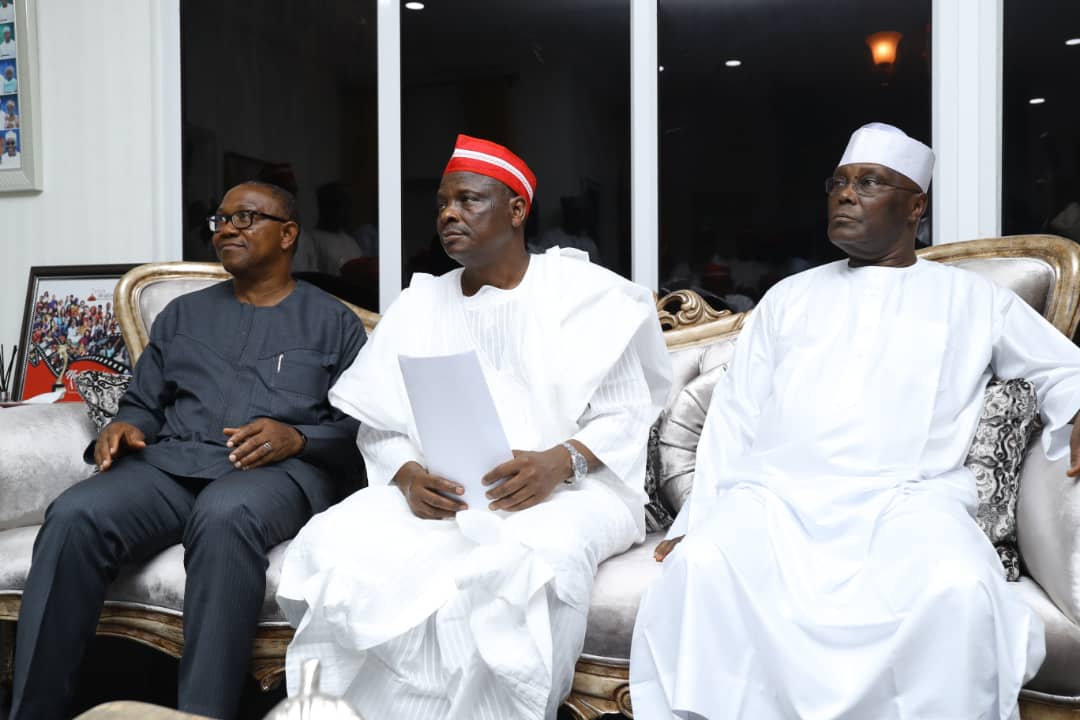
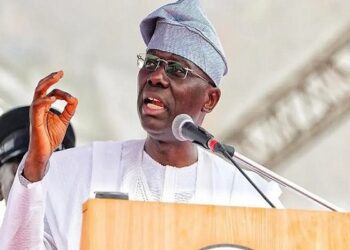

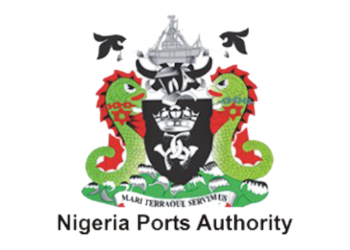
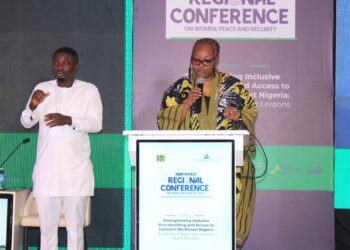
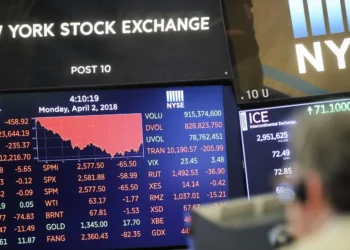
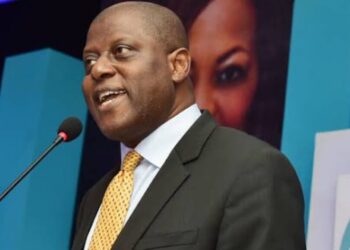


Here, you can access a wide selection of casino slots from top providers.
Visitors can experience retro-style games as well as feature-packed games with stunning graphics and exciting features.
Whether you’re a beginner or a seasoned gamer, there’s a game that fits your style.
play aviator
The games are ready to play anytime and designed for desktop computers and smartphones alike.
All games run in your browser, so you can start playing instantly.
Platform layout is user-friendly, making it convenient to browse the collection.
Sign up today, and dive into the excitement of spinning reels!